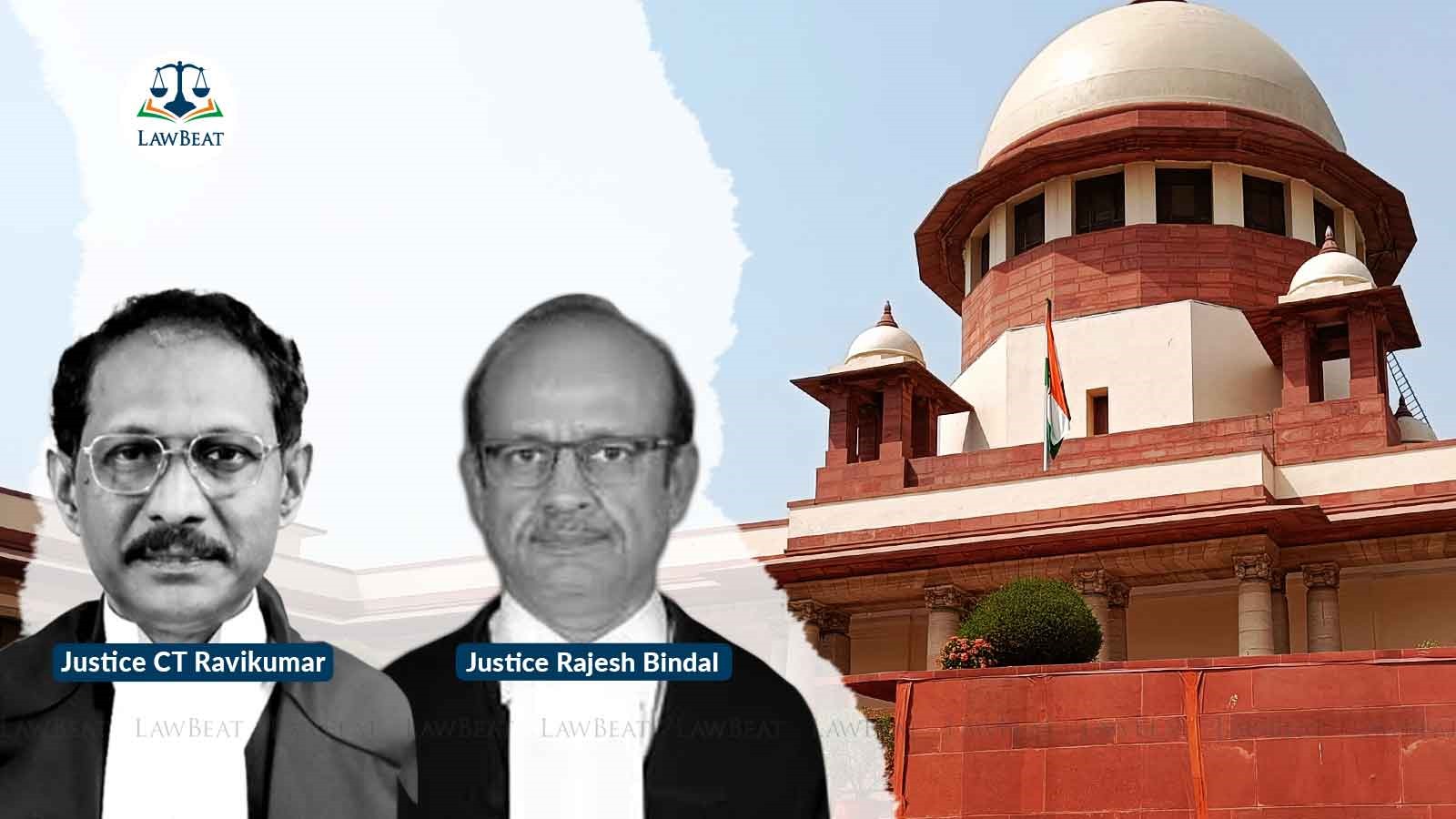Mere statement in suicide note not enough for trial under Section 306 IPC: SC

Court pointed out absolute absence of any material or even a case in the complaint and in the so-called suicide note
The Supreme Court has said that a mere statement of a victim in a suicide note would not be a ground at all to issue summons to an accused to face the trial for the offence under Section 306 of the IPC, unless there is an allegation of continued course of conduct, creating circumstances compelling the deceased to or leaving him or her with no other option but to end life.
A bench of Justices C T Ravikumar and Rajesh Bindal found no reason to interfere with the Allahabad High Court order of October 10, 2017 which quashed the order of April 5, 2012 by the Chief Judicial Magistrate, Shahjahanpur summoning the respondent no. 2 as accused to face trial for offence under Section 306 of the IPC.
The matter arose out of alleged suicide of Brijendra Chandra, a retired military man, who was working as a security guard at sub mandi office of Alhaganj on October 23, 2004, over the issue of non-disbursement of salary.
The bench pointed out that a close scrutiny of the position of law constantly and consistently being followed, would reveal that issuance of summons is a serious matter and, therefore, shall not be done mechanically and it shall be done only upon satisfaction on the ground for proceeding further in the matter against a person concerned based on the materials collected during the inquiry.
The court also said that there cannot be any doubt that sine qua non for exercise of the power to issue summons is the subjective satisfaction “on the ground for proceeding further” while exercising the power to consider the legality of a summons issued by a Magistrate. "Certainly it is the duty of the court to look into the question as to whether the Magistrate had applied his mind to form an opinion as to the existence of sufficient ground for proceeding further and in that regard to issue summons to face the trial for the offence concerned," said the bench.
"We think it appropriate to state that one should understand that ‘taking cognizance’, empowered under Section 190, CrPC, and ‘issuing process’, empowered under Section 204, CrPC, are different and distinct," the bench said.
Having gone through the facts of the case, the bench said that the judgment of the high court did not suffer from any legal infirmity, illegality or perversity and the conclusions were arrived at after a rightful appreciation of the complaint and the other materials on record, within the permissible parameters.
In the case on hand, the bench noted that the undisputable position is that at the time of the commission of suicide, the deceased was not working in the office of Mandi Samiti, Puwaya where the respondent No.2 was working as Secretary and when the former committed the suicide he was attached to the office of the Mandi Samiti, Jalalabad and was working in Sub-Mandi, Alhaganj.
The bench said that the high court observed that the so-called suicide note would not reveal and reflect that the victim was disturbed on account of non-receipt of salary and for that reason, he was bent upon to commit suicide.
Though it was stated that the respondent no. 2 was responsible for his suicide, however, there was absolute absence of any material or even a case in the complaint and in the so-called suicide note that the respondent no. 2 had abetted late Brijesh Chandra in a manner that will attract the provisions under Section 107, IPC, the bench said.
"There is absolute absence of any allegation of continued course of conduct on the part of the respondent No 2 with a view to create circumstances leaving the deceased with no other option except to commit suicide. In such circumstances, the mere statement in suicide note dated 23.10.2004, ‘Shri Ram Babu Sharma, Secretary, Mandi Samiti, Puwaya will be responsible for his suicide’ would not be a ground at all to issue summons to the respondent No 2 to face the trial for the offence under Section 306, IPC," the bench said.
Case Title: Vikas Chandra Vs State of Uttar Pradesh & Anr
